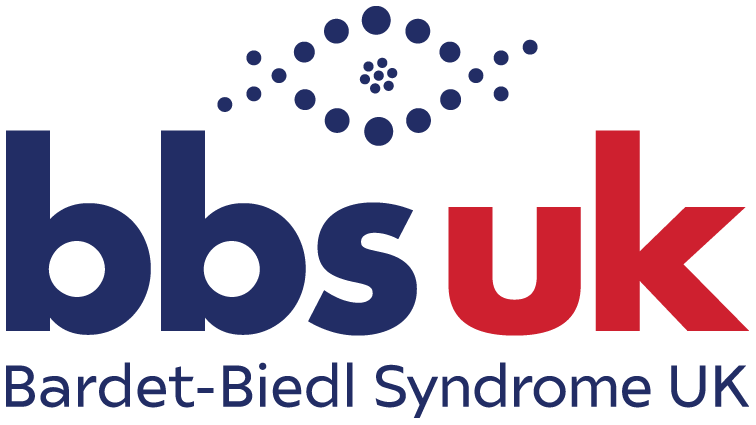BBS UK Membership Audit
In 2021, we conducted a membership audit to better understand the impact of BBS and to inform our work over the coming years.
Who completed the audit?
- 50% of people are the parent of someone diagnosed with BBS
- 37% completed it as a person themselves diagnosed with BBS
- 13% completed it on behalf of an adult diagnosed with BBS
- 80% have a genetic diagnosis
- 20% have a clinical diagnosis
- 14% of respondents are employed full or part-time
- 10% undertake voluntary work
- 42% of respondents said that BBS affects their/their child’s life mildly to moderately
- 57% stated that the impact was severe to very severe.
In terms of the views that were represented:
- 38% are under 18
- 38% are aged 18-34
- 21% are aged 35-54
- 3% are aged 55+
- 58% of respondents are registered as Severely Sight Impaired
- 19% are registered as Sight Impaired
- 22% have sight loss that does not meet the criteria
- 1% have chosen not to be registered
In terms of how long ago the person was diagnosed with BBS:
- 4% were within the last 12 months
- 23% between 1 and 5 years ago
- 27% between 5 and 10 years ago
- 46% were diagnosed over 10 years ago
Respondents experience the following symptoms either moderately or severely:
- Obesity 70%
- Learning difficulties 43%
- Developmental delay 39%
- Anxiety 37%
- Low mood/depression 36%
- Extreme tiredness/fatigue 34%
- Speech and language difficulties 32%
- Urinary tract issues 23%
- Autistic spectrum disorder 28%
- Issues with digestive system 24%
- Kidney abnormalities 16%
- Diabetes 9%
Participants are in receipt of the following benefits:
- Personal Independence Payment 53%
- Disability Living Allowance 44%
- Employment Support Allowance 22%
- Direct Payments 18%
- Carers Allowance 16%
Respondents outlined the following emotional and psychological impacts of having BBS:
- Anxiety 78%
- Loss of confidence 65%
- Stress 63%
- Fear 52%
- Anger 43%
Of the following services, respondents outlined the ones they had NOT accessed but would like to:
- Counselling 43%
- Genetic counselling 34%
- Support with securing a volunteering placement 31%
- Physiotherapy 26%
- Support with obtaining employment 24%
Respondents have engaged with BBS UK in the following ways:
- 75% have accessed information and/or support
- 73% are members
- 60% attend events
- 35% donate or raise funds
People agreed with the following statements:
- BBS UK works hard to improve the lives of those with BBS 80%
- BBS UK is focussed on the wishes of its members and their everyday needs 76%
- BBS UK is ambitious on behalf of people affected by the syndrome 73%
- I trust BBS UK to do what it says it will do 72%
- People with BBS have a say in what BBS UK does 58%
Respondents felt that BBS UK had made the following differences to them:
- I understand the condition more fully 80%
- I am better informed about research into the condition 78%
- I have greater awareness of the support available 59%
- I am more confident in managing the challenges of my / my child's condition including my/ my child's sight loss 48%
- I am more able to lead a fulfilling life 26%
People rated the following BBS UK services as good or excellent:
- Newsletters 100%
- Website 100%
- Annual conference 88%
- Information booklets 100%
- Support with fundraising 92%
- Information for children and young people 100%
- General contact and support 95%
Who completed the audit?
- Updates on treatment and research 87%
- Local/regional groups 72%
- Social opportunities and activities 69%
- Information on assistive technologies 66%
- Managing everyday life with BBS 66%
- Support with exercise and with maintaining a healthy diet and lifestyle 50%
